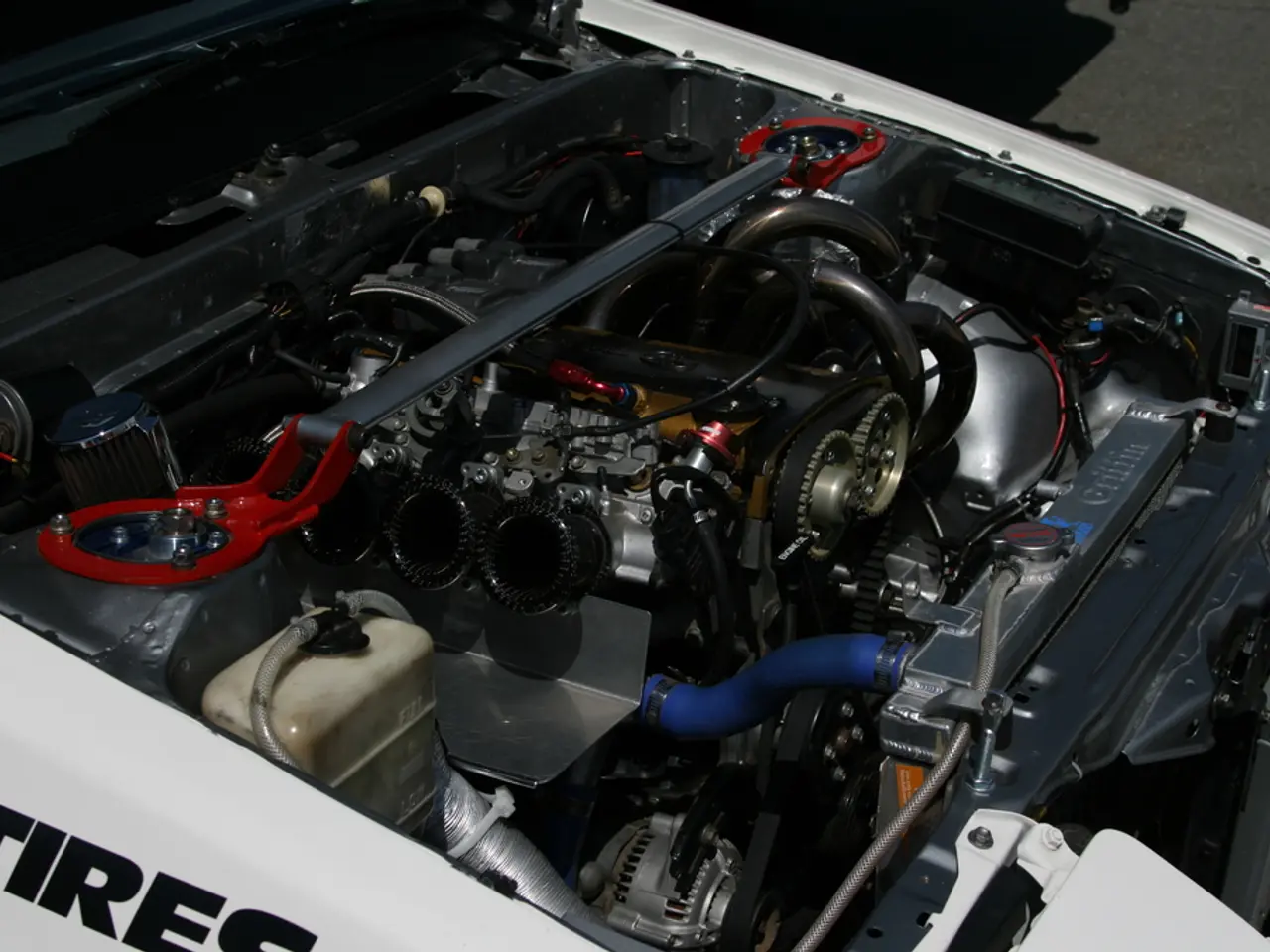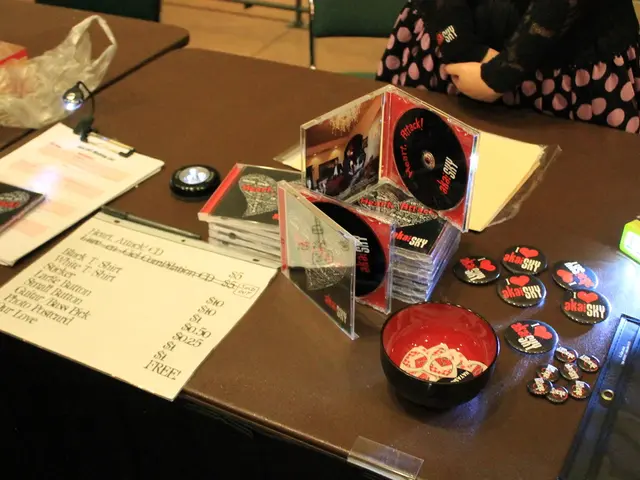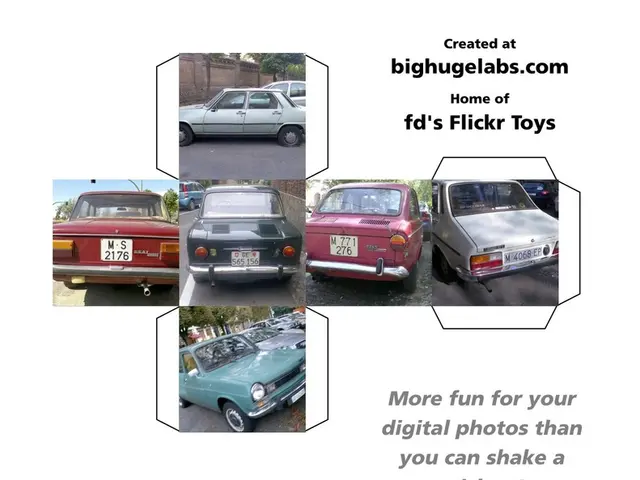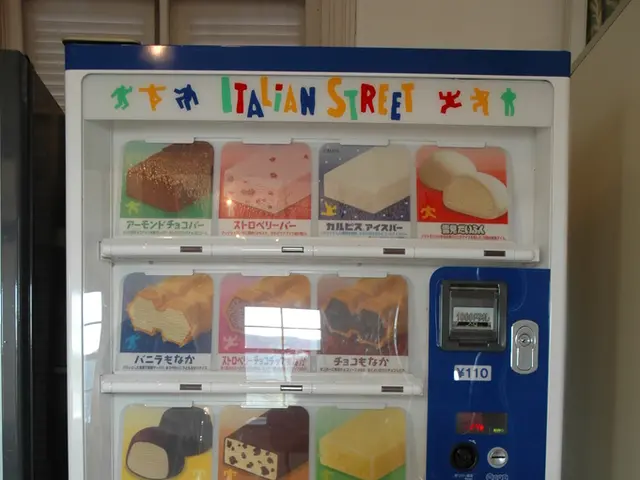Electric vehicles outpace conventional models: what was once a setback for electric cars is now their key strength
The ReCell Center, a U.S. Department of Energy initiative based at the Argonne National Laboratory in Illinois, is making strides in promoting a sustainable ecosystem for critical materials. This innovative group, known as the Reuse Research Institute for Revolutionary Recycling (R3), is dedicated to transforming lithium-ion battery recycling.
The latest development involves a hydrometallurgical technique for recycling lithium batteries in electric vehicles. This technology, provided by Worcester Polytechnic Institute (WPI), offers engineering expertise and a patented technology developed by Professor Yan Wang. It allows for the efficient recycling of lithium-ion batteries, recovering materials from the cathode, the most valuable component of the battery, regardless of its chemical composition.
This could lead to less lithium and cobalt extraction, greater industrial autonomy, and a reduction of hazardous waste. The efficient recycling of lithium-ion batteries could become one of the most effective means of decarbonizing several key sectors, such as transportation, electronics, or energy storage.
Key institutions involved in the ReCell Center include Worcester Polytechnic Institute, the University of California, San Diego, the National Renewable Energy Laboratory, Oak Ridge National Laboratory, and Michigan Technological University. A plant managed by Battery Resourcers, a company co-founded by Wang, aims to demonstrate that this recycling process is scalable on a commercial level, representing a significant step towards a more sustainable production model.
The ReCell Center received initial funding of $15 million over three years. Multiple private companies, including battery manufacturers, recycling centers, material suppliers, and automotive companies, are members of the ReCell Center. The aim is to support the energy revolution with advanced recycling technologies.
ReCell operates on four key areas of action: direct recovery of valuable materials, mainly cathodes; recovery of other key elements such as electrolytes and separators; design of new recyclable lithium-ion batteries from their conception and modeling; and process analysis of the recycling process.
Major manufacturers like Volkswagen and General Motors have announced their desire to electrify most of their production lines in the coming years. However, the electric vehicle industry faces a significant problem with low battery recycling rates, with less than 5% of lithium-ion batteries being recycled compared to nearly 99% for lead-acid batteries. This technique allows for the recovery of 92% of critical metals such as nickel, cobalt, and manganese.
While the electric car industry is praised as a symbol of transition towards a new type of mobility, prioritizing environmental care, there are concerns about its impact on the environment due to the low recycling rates. Germany, for instance, is reportedly lagging behind in the adoption of electric cars. The success of initiatives like the ReCell Center could help address these concerns and pave the way for a more sustainable future.








